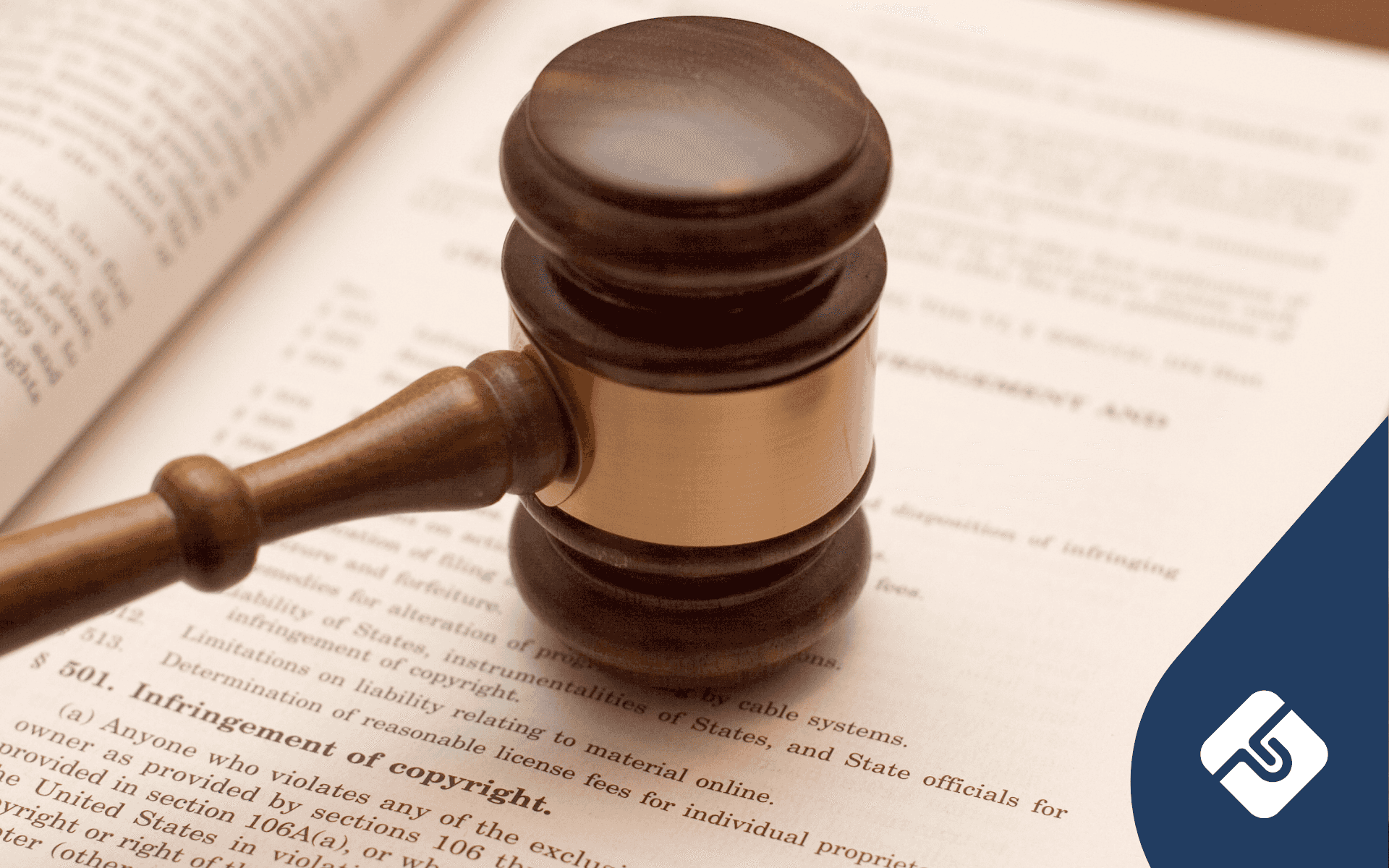Naga Vamaraju is a legal intern at Lawpath as a part of the Content Writing team. She is in her final year of a Bachelor of Arts (Psychology) and Bachelor of Law Degree. She has a particular interest in the law surrounding starting and operating a business.
What is an ACCC infringement notice?
An infringement notice is a penalty issued by the ACCC when they suspect your business has engaged in conduct that breaches the Australian Consumer Law (ACL). These notices are based on reasonable suspicion because only a Court can determine whether there has been a breach of the Law or not. Therefore, the ACCC will collect as much evidence as it can and send an Infringement notice based on its findings.
Infringement notices provide a quick and cheap mechanism for dealing with breaches of the law outside the Courts for both your business and the ACCC. This is because paying an Infringement notice resolves the matter immediately.
When is it issued?
The ACCC will consider many things before issuing you with an infringement notice, including:
- Whether or not the issue is a minor breach of the ACL
- Whether this was a one-off event or repeated behaviour. Repeated breaches will have harsher punishments, such as being taken to Court directly
- The extent of harm to consumers
- The clarity of facts surrounding the breach- with more controversial cases being dealt with differently
- Whether the ACCC would get a successful outcome in Court. So that they may take the matter to Court if there is non-compliance with the notice
Infringement notices issued in relation to less-significant breaches of the ACL relate to:
- Unconscionable conduct
- False or misleading conduct
- Pyramid schemes
- Certain product safety and product information breaches
- Failure to respond to a substantiation notice. This is a notice requiring a business to provide documentation to back up certain claims or statements
- False or misleading information in response to a substantiation notice.
Multiple notices?
The ACCC can issue multiple infringement notices where it deems it appropriate to do so. For example, breaches in multiple states or of multiple sections of the ACL can warrant multiple notices being served on your business.
Make that a combo
The ACCC can also seek another remedy along with an infringement notice. A common example is seeking a court-enforced undertaking, which requires the company to say and do certain things to ensure such a breach does not occur again.
What can you do?
If your business receives an infringement notice, you can respond in four possible ways:
1. Pay the fine
Paying the fine is probably the quickest and easiest response your business can make. Since an infringement notice is based on a suspicion that you broke the law, paying the fine does not confirm you have committed the offense. Paying the fine not only deals with the notice but also protects you from any further action from the Government. This not only cuts down Court and lawyer fees but also the actual fine you pay is less than what a Court would rule if the ACCC were successful. However, a private individual may still seek action against you.
The fines are a fixed amount and are updated regularly. You can find the current rates here. The ACCC keeps a record of all the infringement notices paid on its infringement register for public record.
2. Request an extension
If you intend to pay the fine but are unable to do so within the prescribed 28 days, you can apply for an extension. The ACCC decides each matter on a case-by-case basis and advises you apply for an extension 1 week before the original due date.
3. Not pay the fine
Another option is to not pay the infringement notice. There is no obligation on you, the receiver, to pay the fine, meaning the ACCC cannot force you to pay. It is completely your decision. However, not paying the fine does means the ACCC has the right to start Court proceedings against you.
4. Request the ACCC to withdraw the notice
When you receive the infringement notice, you will also receive instructions on how you can request the notice to be withdrawn. You would have to provide evidence as to why you have not committed the breach to have the notice withdrawn. Or in some cases, provide reasons as to why the conduct was necessary based on the situation your business was in.
Again, each request is dealt with on a case-by-case basis and can be lengthy. Therefore, the ACCC advises you to lodge your request as soon as possible and at least before 2 weeks the original due date of the fine.
Sometimes, even if you are successful in your request, the ACCC may still choose to start proceedings against you in court. It also has the right to use any documents you have provided in its proceedings.
Conclusion
Ultimately, it is your decision whether you comply with an infringement notice or not. There are some obvious advantages to paying the fine because the ACCC won’t send an infringement notice for breaches of the law it cannot prove in Court. The Commission will have done extensive research and collected documents to prove its case beyond doubt.
However, if you can prove that these allegations on you are misinformed, you can have your matter reassessed. To get more comprehensive and personalised advice on this matter or anything else in this article, please contact a business lawyer.
Unsure where to start? Contact a LawPath consultant on 1800 529 728 to learn more about customising legal documents and obtaining a fixed-fee quote from Australia’s largest legal marketplace.






